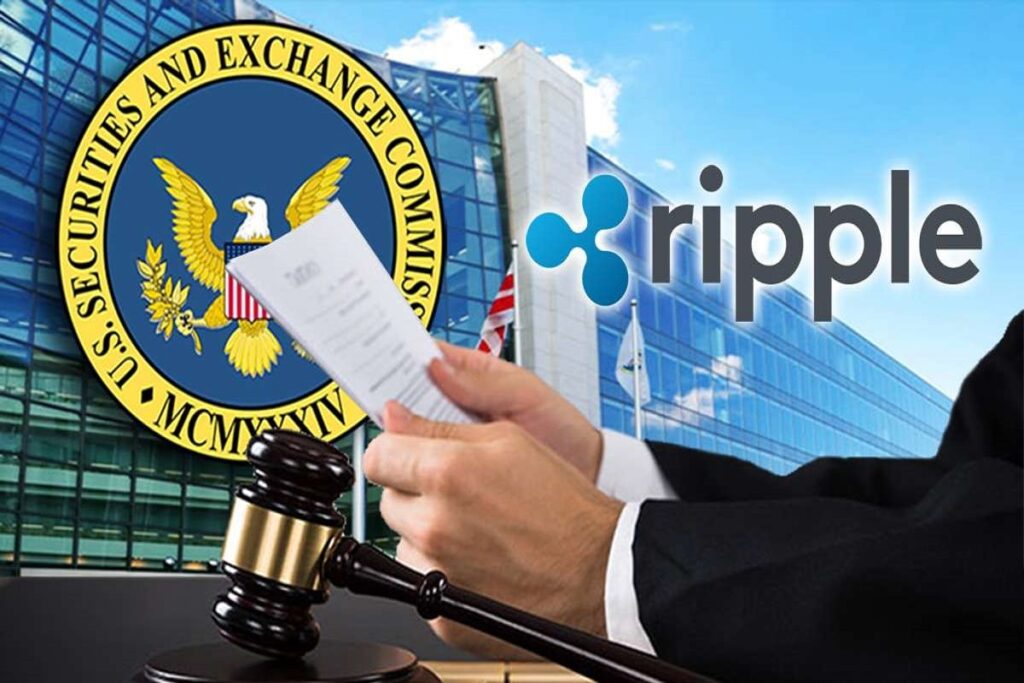XRP lawyer Fred Rispoli criticized the SEC on X due to his warnings about crypto scams, emphasizing the ongoing tensions with crypto firms.

Fred Rispoli, an XRP lawyer, has reacted strongly to a recent post by the U.S. Securities and Exchange Commission (SEC) regarding X (formerly Twitter). The Securities and Exchange Commission (SEC) reiterated its cautionary statement regarding cryptocurrency schemes. Nevertheless, Rispoli employed X community notes to refute the assertion.
XRP lawyer slams the SEC’s crypto scam warning
According to the SEC’s warning on X, scammers frequently employ innovations and emergent technologies, such as #crypto, to perpetrate investment scams. Investors are advised to exercise caution. The SEC’s post is consistent with a May Investor Alert issued by its Office of Investor Education and Advocacy.
The alert cautioned against the escalating number of crypto scam cases, in which criminals capitalize on the popularity of digital assets to entice investors. The alert identified five prevalent strategies employed by fraudsters, such as establishing trust through social media and redirecting victims to fabricated investment platforms.
The alert underscored the hazards of relationship-based scams, frequently called “pig butchering scams,” by stating that “fraudsters connect with you on social media platforms or through a supposedly accidental text message, and then gain your trust.”
Nevertheless, the XRP lawyer promptly responded by requesting a review of the SEC’s post through the X community notes. He accused the agency of deceiving investors. He stated, “The OP has defrauded hundreds of thousands of investors by convincing them to purchase cryptocurrency with the agency’s approval, only to be punished by the agency at a later time.”
This criticism underscores the persistent tensions between the SEC and the crypto industry. To provide context, the American overseer permitted Coinbase to go public in 2021, but it subsequently implemented a crackdown on the exchange for the purported sale of securities.
The XRP lawyer’s response to the crypto fraud warning indicates his increasing dissatisfaction with the legal actions against prominent companies, including Binance, Kraken, and Uniswap. Alleged violations of securities laws have resulted in scrutiny of these organizations. In these instances, the agency asserts that many digital assets and trading platforms are securities and should be regulated accordingly.
Notice To OpenSea Wells
In a high-profile case, the SEC recently issued a Wells Notice to OpenSea, a prominent NFT marketplace. The regulatory authority threatened to sue the platform for selling NFTs, which it considers securities. This action has been likened to previous instances involving other crypto firms.
Devin Finzer, CEO of OpenSea, expressed surprise at the SEC’s posture, contending that the regulator’s actions could stifle innovation in the digital collectibles sector. Finzer emphasized that the SEC has now entered “uncharted territory.” Additionally, he proposed that these regulatory measures could have a detrimental effect on many artists and creators.
This is consistent with Rispoli’s assertion that the SEC is responsible for “crypto scams” that harm investors due to ambiguous regulation. Ripple CLO Stuart Alderoty cited a 1976 SEC ruling, further complicating the discussion.
At that time, the agency clarified that art galleries promoting and selling artworks for “investment motives” were not required to register with the SEC.
Alderoty contended that this precedent could be applied to NFTs traded as collectibles rather than securities, similar to traditional art. “Fun fact: In 1976, the Securities and Exchange Commission (SEC) determined that art galleries were not required to register with the SEC, even if they were promoting and selling to buyers with investment intentions,” he stated.

